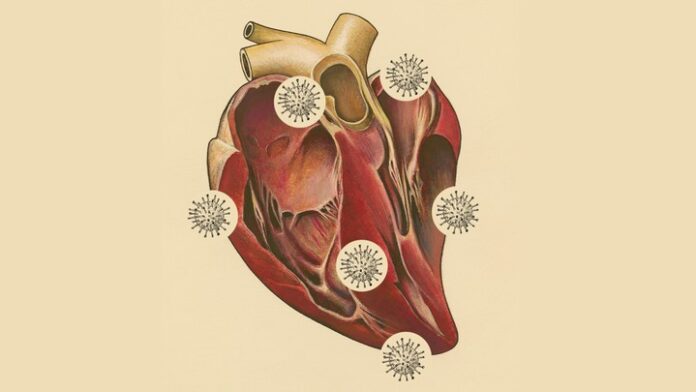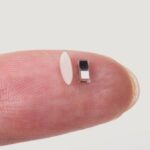In a recent Medical News & Perspectives published by JAMA, the Journal of the American Medical Association, case reporting is showing that a significant number of COVID-19 patients have experienced elevated levels of troponin. Several months ago I wrote my own personal introduction to troponin when I visited an emergency room after experiencing a prolonged hoarse throat and coughing for several weeks. I had tested negative for COVID-19 once already. Now I was being tested again but bloodwork done at the same time showed rising troponin levels.
Early into the pandemic, cases in Wuhan and at Massachusetts General Hospital observed the elevated troponin phenomenon in patients with prior cardiovascular conditions such as congestive heart failure, coronary artery disease, and hypertension, as well as in those without a previous history. of heart problems Soon other hospitals were reporting and documenting elevated troponin levels in COVID-19 cases causing myocarditis, an inflammation of the heart muscle, as well as arrhythmias, heart failure, and even cardiac arrest, and sudden death.
The phenomenon first observed in acute COVID-19 infections also started showing up in cases with milder symptoms, and in asymptomatic patients. In a report published in JAMA in July 2020, 78 patients out of 100 who had recovered from the common symptoms associated with COVID-19 in magnetic resonance imaging (MRI) tests showed ongoing myocarditis. Of these patients, 60 had never had a previous history of cardiovascular disease. The July study included two-thirds of the 100 in total who never required hospitalization. Many of those studied were asymptomatic.
Later in the year, a September 2020 study looking at a small sampling involving 26 athletes from The Ohio State University who had been infected with COVID-19, showed scarring of the heart in 8 and prolonged myocarditis in 4. In this study, none of the athletes had shown elevated troponin levels. Scans were done 11 to 53 days after a two-week quarantine.
A December case published in JACC, the Journal of the American College of Cardiology Foundation, reported elevated troponin levels and heart failure symptoms in a 2-month-old infant infected with COVID-19.
What has concerned doctors is that COVID-19 patients may have long-term heart problems that last well beyond the end of the viral infection. Another issue of concern is that the myocarditis being observed in many cases is atypical. In other words, not the usual type of myocarditis seen from other medical conditions.
Some physicians speculate that the elevated troponin levels, and subsequent myocarditis may not just be from COVID-19, but potentially may come from other viruses that opportunistically attack the body in its weakened state.
So elevated troponin levels more often than not are linked to COVID-19 and abnormal imaging findings of patients’ hearts and blood vessels. This is not a universal rule. But it is a pretty good indicator in the majority of researched cases.
The concern by doctors now is just how long these conditions persist after the infection has passed. A new clinical trial has been proposed to follow 900 COVID-recovered patients for a period of three years to determine just how long cardiac symptoms and potential toxicity last.









